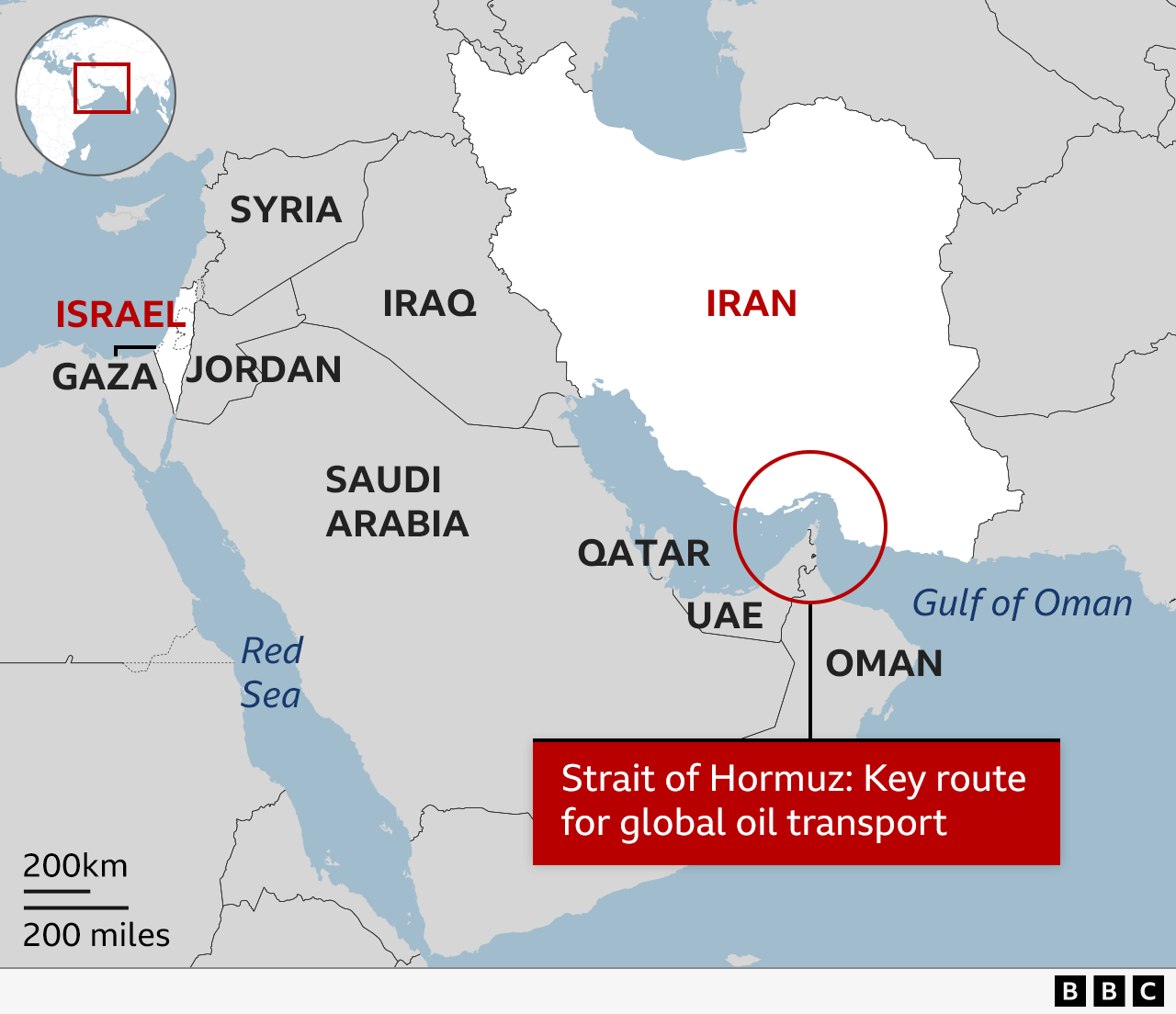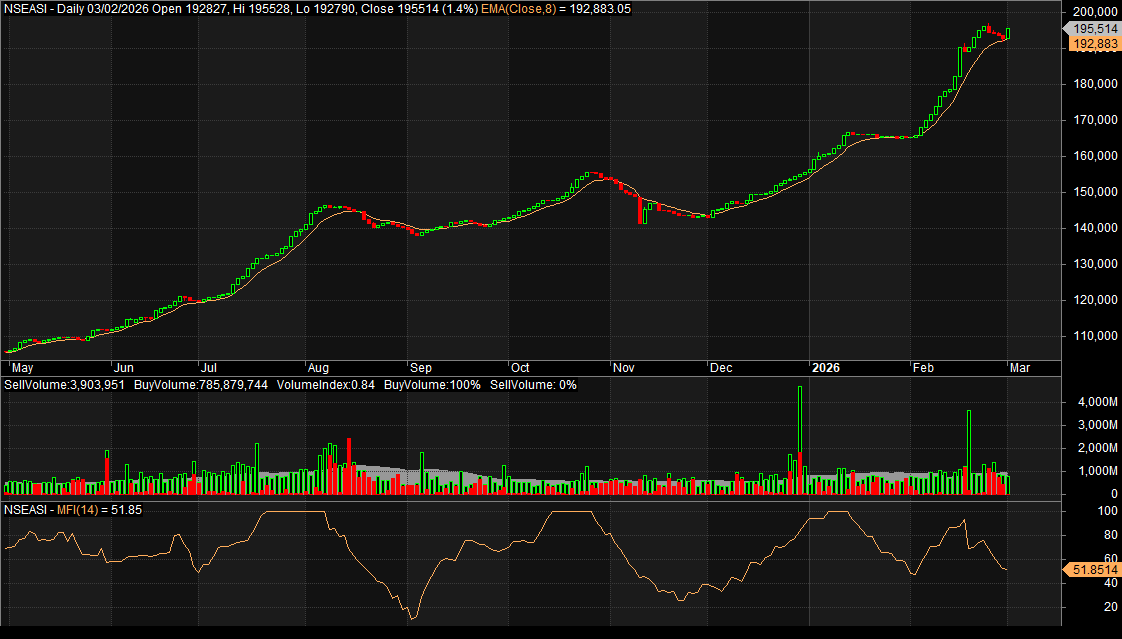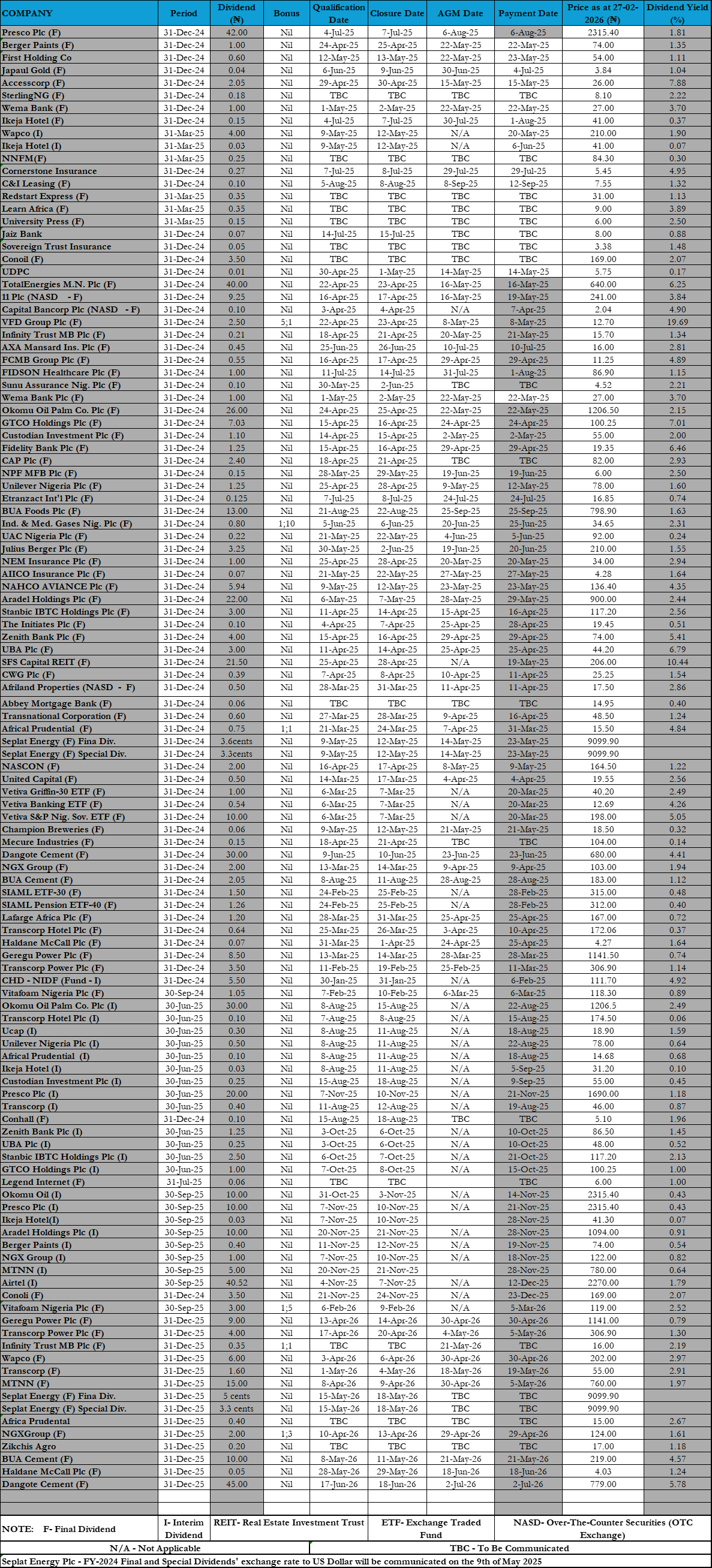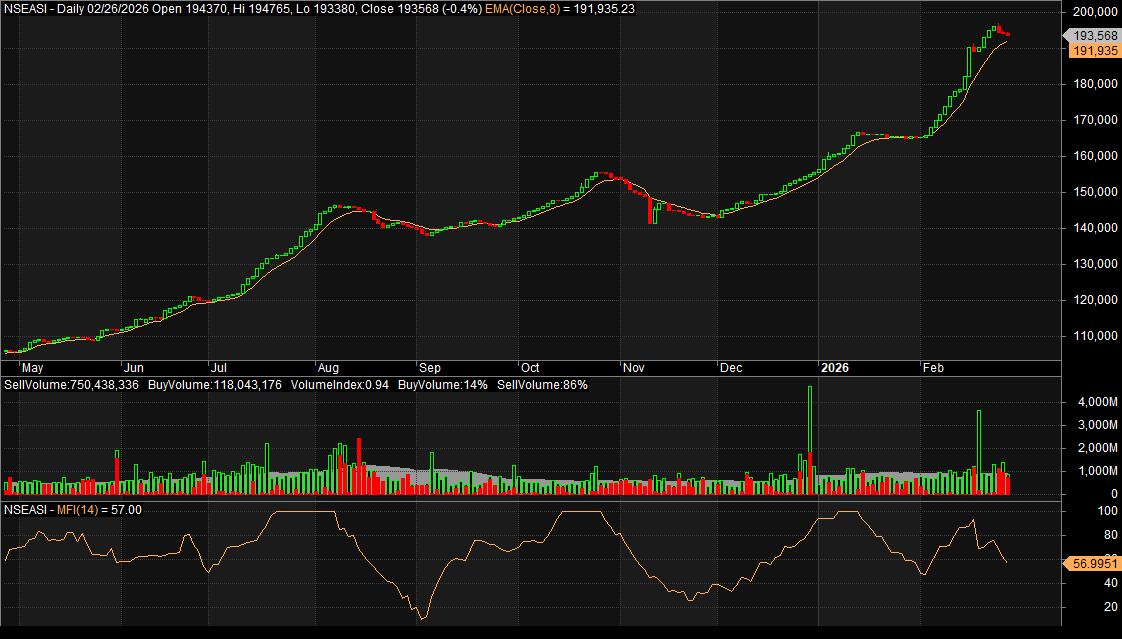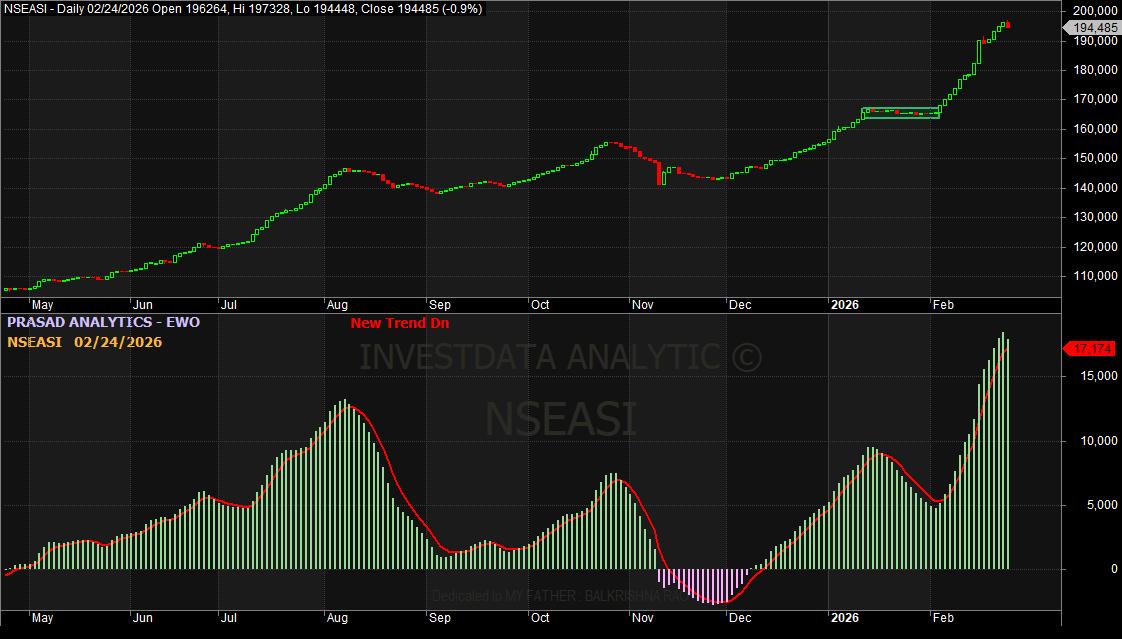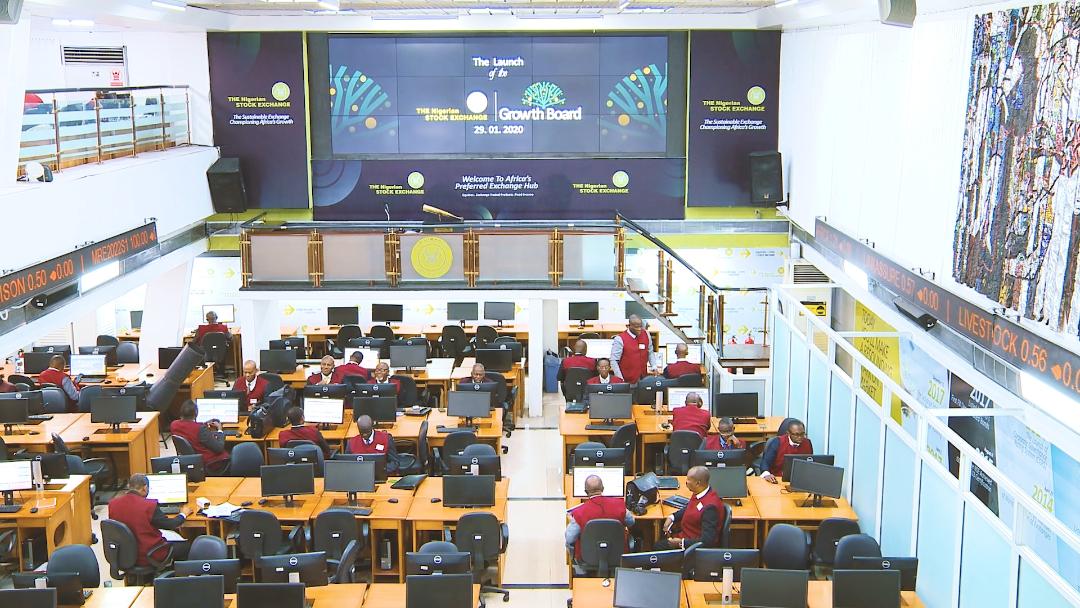
Market Update for May 30
Profit-taking resurfaced on the Nigerian Exchange on Monday to start the week on a negative note, as selling sentiment hit some blue-chips and sectorial indexes to reflect portfolio repositioning due to effects of the recent rate hike that are making the fixed income market appealing to some investors especially those that are risk-averse.
Also, the pullback witnessed at the end of Monday’s trading is attributable to price adjustments in Nestle Nigeria, Julius Berger, Sterling Bank, and Aluminum Extrusion for cash dividends recommended by their directors, while NPF Microfinance was markdown for a scrip dividend of one new share for nine held by shareholders. Here, market players should allow price actions to show them what to do going forward in an approaching bear market or correction.
Price determines our loss or profit in any market condition, therefore we should focus our research on price actions rather than time lagging indicators or market fundamentals. This anticipation happened in the midst of headwinds around the macroeconomy and global developments, especially as regards the ongoing war between Ukraine and Russia that has since February continued to disrupt the global supply chain, leading to rising inflation and rates.
In the face of price corrections, following and trading prices simply mean that the market tells you what to do and not the other way round because price action is always right as it does not care what a trader feels. Bull markets can go on for days, weeks, months, and years, but bear markets happen unexpectedly and can quickly destroy a trader’s profits, or even trading account.
Bear markets move with greater velocity than bull markets and are accompanied by high volatility, due to investors’ emotions. With the rate hike triggering the flow of funds from equities to the fixed income market, the spiraling inflation may support the entry of funds into commodity-backed securities or stocks to hedge against inflation. Also, investors and analysts are keeping a close watch on developments around the political space, ahead of next year’s general elections, which have started with the ongoing primaries of the various political parties. Already, with the presidential candidate of the main opposition Peoples Democratic Party (PDP) already selected, investors and, indeed, Nigerians are waiting for that of the ruling All Progressives Congress (APC). This will reduce the quantum of political uncertainty around the 2023 general elections and what is likely to play out for the economy in the next political dispensation, given the known disposition of the candidates, of course, in the absence of an upset from a third force, all of which will be priced into the market, in the coming weeks and months.
Oil prices rebounded powerfully in the international market, trading above $120 per barrel, on the news that Shanghai lifting the lockdown imposed due to the impact of the ravaging Coronavirus pandemic and the recent cut in interest rate to support its economy. And also, as the EU plan to enforce the embargo on the importation of Russian oil, despite the slight increase in production output by OPEC in their last meeting. As these chronic high energy prices are killing the global economy, heightening inflationary pressures across the globe on a weak economic outlook, thereby influencing monetary policies of central banks as they move to checkmate the impacts of the Russia-Ukraine conflict on the global economy to avoid economic recession. The nation’s soaring inflation is a potent threat to the fixed income market and investment yields, which should be an indication that there will be a reversal of funds flowing back to equity space in no distance time as institutional investors balance their portfolios.
However, market corrections are the result of profit-taking and selloffs, hence the need to rely on your stop-loss effectively at this point of the distribution phase signals continuation, or reversal. This is especially when high-cap stocks that control 70% of market capitalisation move up or down ahead of reactions to their earnings and expected dividend payments in May and June 2022.
The NGX index’s action pulled back again into the distribution phase, trading above the ‘T-Line’ and 20-day moving average. The market is strong, despite the profit-taking that started on last week’s gain since the strong support level is 53,151.32bps region, while volatility persists and uptrends towards the next breakdown sported around 52,957.38bps. Should the index break this point, the next visible support is 52,591.41bps.
The possibility of the market sustaining this trend is high as a function of market forces and improved economic conditions during this quarter, following which we advise investors to play defensive stocks and reduce investment risks around the market.
Meanwhile, Monday’s trading opened on the downside and was sustained throughout the session, on profit-taking across some major sectors and high priced stocks, a situation that pushed the NGX’s index to an intraday low of 53,735.83bps from its highs of 54,085.30ps before closing below its opening points at 53,772.35 points.
Market technicals were positive and mixed, as volume traded was higher than the previous day in the midst of breadth favoring the bulls on a selling sentiment as revealed by Investdata’s Sentiments Report showing a 90% sell position and 10% buy volume. The total transaction volume index stood at 0.57 points, just as momentum behind the day’s performance was strong with Money Flow Index looking down at 47.08pts, from the previous day’s 47.96pts, indicating that funds left the market.
For you to successfully invest and trade in this volatile market, order for Investdata’s video on Buy & Sell Technical Analysis Toolbox to navigate the volatile market profitably, enhance trading decisions and boost your bottom line. Also, to up your game in stock trading and investing, understanding the key to trading price and index action will go a long way to make the difference in your trading results, check out the video materials below.
Index and Market Caps
The composite index NGXASI, at the end of Monday trading, shed 288.41bps, closing at 53,772.14bps, after opening at 54,085.30bps, representing a 0.58% decline. Similarly, market capitalization fell by N168.78bn, closing at N28.991tr, from the previous day’s N29.16tr, which also represented a 0.58% depreciation in value.
Attention: If you have not signed up for INVESTDATA’s buy and sell signal setup, don’t delay, because the number of stocks entering their buying range has just increased to 30 as they build a new bullish base and positive chart patterns to be on our watchlist. These stocks have double the potentials to rally, considering their earnings prospects and the oscillating moves in a recovery market and economy.
To become a member, send ‘YES’ or ‘STOCKS’ to the phone numbers below. Take advantage of this service to buy right and sell right at the current oscillating market in the midst of earnings season, portfolio reshuffling, and repositioning as we await an economic reform policy that can stimulate and re-track the economy to the path of growth and development.
Monday’s downturn was driven by profit-taking and selloffs in MTNN, Presco, Lafarge Africa, Julius Berger, Stanbic IBTC, GTCO, ETI, Honeywell, Wema Bank and Zenith Bank among others. This impacted negatively on Year-To-Date gain, reduced to 25.88. Market capitalization growth stood at N7.31tr YTD, representing a 30.01% rise over the opening level for the year.
Mixed Sector Indices
Performance indexes across sectors were mixed, as NGX Insurance and Energy closed higher by 0.65% and 0.07% respectively, while NGX Banking led decliners after losing 0.26%, followed by Consumer and Industrial goods with 0.11% and 0.11% respectively.
Market breadth was positive, as gainers outnumbered losers in the ratio of 25:17; just as transactions in volume and value terms were up, as stockbrokers traded 27.56bn shares worth N194.36bn. Volume was driven largely by the crossing of UBN’s 27.76bn shares in what could be the official acquisition of majority shares by the new owners- Titan Trust Bank Limited, Transcorp, Accesscorp, Jaiz Bank, and Sterling Bank.
Tran-express and NPF Microfinance were the best-performing stocks of the session, gaining 9.86% and 9.76%, closing at N0.78 and N1.80 per share respectively on market forces and sentiment respectively. On the flip side, Presco and University Press lost 10% and 8.77% respectively, closing at N162 and N2.60 per share, on profit-taking and selloffs.
Market Outlook
We expect a mixed trend in reaction to March year-end earnings report, as funds flow to the fixed income market on the rate hike by CBN. Just as portfolio rotations persist as market players digest the macro-economic data and Q1 corporate earnings release, ahead of March year-end 2022 audited financials with dividend announcements to support uptrend in the new month amid the rebound in oil prices. Also, the market continues to interpret the rising inflation in relation to the crude oil price and other factors, in the midst of profit-taking and portfolio rebalancing. This will result in market players targeting fundamentally sound and dividend-paying stocks in the hope of dividend announcements.
Meanwhile, the home study packs on Comprehensive Stock Market trading course video, Stock Market Analysis Beyond Fundamental & Technical Analysis, 2022 Actionable Trading Plan and Opportunities in Q1, INVEST 2022 Traders & Investors Summit materials and 10 Golden Stocks for 2022, Strategies and How to invest profitably in this Changing Market Dynamics/ Recession, Mastering Earnings Season For Profitable Investing and Trading in any market situation/ cycles, Life Beyond COVID 19 Investment Opportunities In The Stock Market are now available. To obtain your pack send ‘Yes’ or ‘Stock’ to 08028164085, 08179547605 now.
Ambrose Omordion
CRO|Investdata Consulting Ltd
ambrose.o@investdataonline.com
Tel: 08028164085, 08179547605



